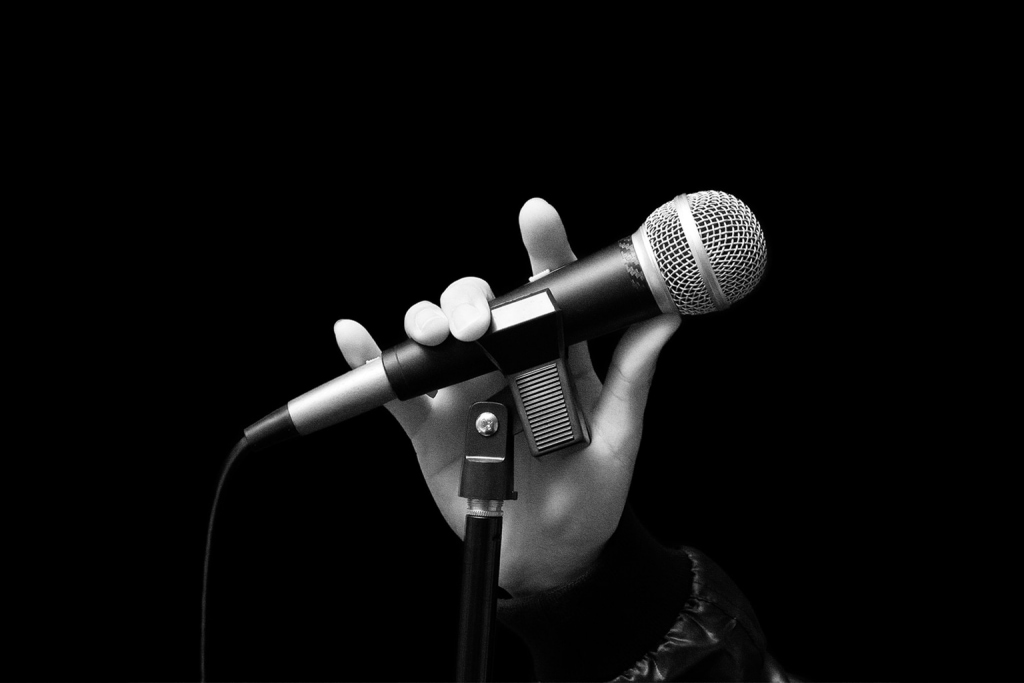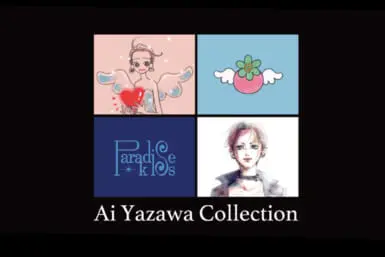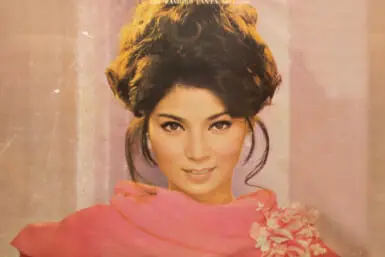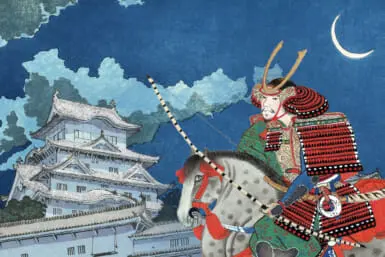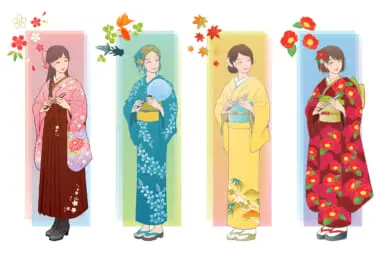Foreign bands and artists coming to Japan know that learning just a little bit of Nihongo can go a long way. During live shows, simple expressions such as “arigatou” or “Nihon wa saikou” can often send fans wild. For some acts, though, that isn’t enough. They like to go even further by recording whole tracks, or at least parts of them, in the local language. From Nat King Cole to BTS, we look at some of those overseas artists singing in Japanese.
1. Nat King Cole
One of the most important jazz artists of all time, Nat King Cole delighted his international fans by performing in various languages. As well as recording three Spanish albums, he also sang songs in French, Italian, German and Portuguese. It’s an impressive list, but he didn’t stop there. During live sets in Tokyo in the 1960s, he performed “Autumn Leaves” and part of “Love is a Many Splendored Thing” in Japanese. He also did a Japanese version of “I Don’t Want to Be Hurt Anymore” the title track of his penultimate studio album and then did the same for “L-O-V-E,” the title track of his last LP.
2. France Gall
A big star of France’s ye-ye scene, France Gall’s innocent smile and sweet voice appealed to Japanese audiences. She was most famous for “Poupée de cire, poupée de son,” which won Luxembourg the Eurovision Song Contest in 1965. Written by Serge Gainsborough, the title roughly means “Wax Dog, Rag Doll,” implying that Gall was a “singing doll” controlled by Gainsborough. It proved particularly popular here, selling more than 200,000 copies in less than six weeks. Gall subsequently released a Japanese version titled “Yume Miru Chanson Ningyou,” translated by famed lyricist Tokiko Iwatani. Gall also sang “Yume ni Mita Oujisama,” a Japanese version of “Un Prince Charmant.”
3. Queen
Queen first arrived in Japan on April 17, 1975, a day that’s still celebrated by fans in this country. Around 3,000 followers went to Haneda Airport to catch a glimpse of the group. Receiving bad press in the UK and largely ignored in the States, the ecstatic reception they received in Tokyo shocked the band. It was something they never forgot. To show appreciation for the support they received here, Queen closed their 1976 album Day at the Races with the song “Teo Torriatte (Let Us Cling Together)” which has two choruses in Japanese. An extract from the song was used at the 2020 Summer Olympics opening ceremony.
4. The Police
Part of the British new wave scene, The Police, led by Sting, became international superstars from the late 1970s onwards thanks to tracks such as “Message in a Bottle” and “Don’t Stand So Close to Me.” Another monster track was “De Do Do Do, De Da Da Da,” from their third studio album Zenyatta Mondatta. Sting described it as “an articulate song about being inarticulate,” in an interview with Q magazine. Having made a big impression in this country, The Police subsequently recorded a Japanese version to coincide with the band’s second tour here in 1981. The lyrics were translated by music critic and radio DJ Reiko Yukawa.
5. The Nolans
Known as Ireland’s first family of music, the Nolans sold well all over the world. Their biggest success, though, came in Japan, especially with the track “I’m in the Mood for Dancing,” which held the top spot on the Oricon Singles Chart for two consecutive weeks. Released here in 1981, it was known as “Danshingu Shisuta” and became the first song by an overseas female group to reach number one in Japan. More than a decade later, in 1992, the sisters performed the track in Japanese on Noel Edmonds’ show, Noel’s Addicts. That same year, they won a Japanese Grammy (Tokubetsu Kikaku-sho) for their English-language covers of J-pop songs.
6. Little Mix
After winning the eighth series of the popular British music show X Factor, Little Mix’s debut original single (following a cover of Damien Rice’s “Cannonball”) was “Wings.” Inspired by the doubt and negativity they experienced during the competition, it proved a critical and commercial success. Debuting at number one in the British charts, it peaked at number seven in Japan and was later followed by a Japanese version of the song. Impromptu performances in Japanese on both the Graham Norton Show and Jonathan Ross Show impressed both presenters. In 2015, Little Mix collaborated with former J-pop group Flower on the track “Dreamin’ Together,” featuring some lines in Japanese.
7. BTS
With the likes of Stray Kids, Girls’ Generation, Twice and Blackpink all recording songs in Japanese, this whole list could’ve been made up of K-Pop groups. In terms of popularity, though, it’s BTS leading the way. In 2021, they became the first overseas artists to top Japan’s annual music sales rankings. The trailblazing septet have recorded four Japanese-language studio albums (and two compilations). Songs include Japanese versions of previously released tracks and some originals, such as “Stay Gold,” which became the group’s second single — after “Dynamite” — to surpass 100 million on-demand streams here. A mix of Japanese and English, it was the theme song for the TV Tokyo drama Spiral Labyrinth — DNA Forensic Investigation.

